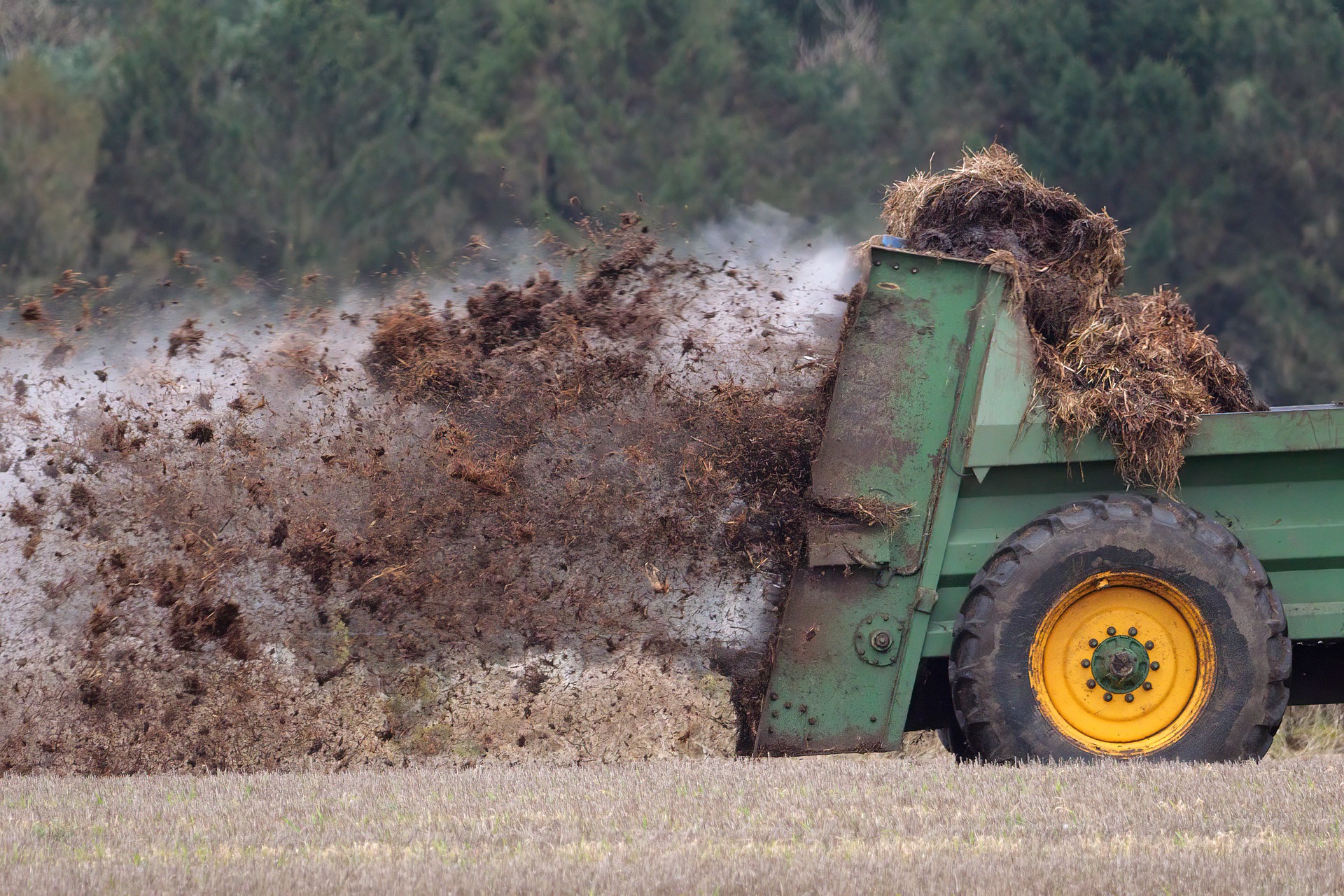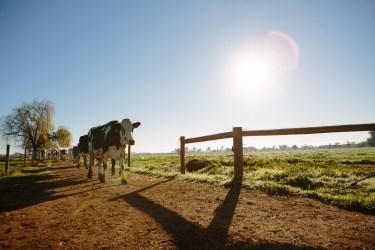By Alastair Johnston
Following months of collaborative work, the Environment Agency (EA) has issued new guidance on the spreading of organic manures which is set to affect farmers and land managers in England.
Under Rule 1 of the Farming Rules for Water, in Spreading organic manures on agricultural land: Regulatory Position Statement (RPS) 252, farmers will be permitted to spread slurry or manure in autumn if there is no pollution risk.
The RPS 252 will be in place for the next 6 months, with the EA confirming that it has relaxed enforcement rules until the 1st March 2022.
What are the Farming Rules for Water?
The rules governing the use and spreading of organic manures were set in November 2017 (revised March 2018) and they were put in place to tackle the issue of diffusion pollution from agricultural land. This includes run-off and leaching of nutrients into surface and ground water.
In summary, the rules require farmers to justify why they need to apply organic manures in the autumn. Land managers must also plan their applications of fertiliser and organic manures.
They apply across the whole of England. Those in a Nitrate Vulnerable Zone (NVZ) should also follow the NVZ rules that have additional requirements.
Organic manures can only be spread on low leaching and run-off risk land. That is where:
- The soil is not sandy or shallow, within the meaning of the Nitrate Pollution Prevention Regulations 2015
- The land is not left bare over winter
- It is land with an average slope of fewer than 8 degrees, and drainage is not impeded
- The soil is not at field capacity above a land drainage system or shallow groundwater
- The land has not been pipe-drained, mole-drained or sub-soiled in the last 12 months
- The land is not within a designated groundwater source protection zone 1
- Farmers spread at least 10 metres from surface water or a conduit leading to surface water
- Farmers spread at least 50 metres from springs, well and boreholes
- If there is a risk of nitrate-nitrogen leaching at above 5kg/ha
Farmers and land managers too must carry out regular checks before, during and after spreading to make sure there is no pollution taking place.
The enforcement of the RPS 252
While the Regulatory Position Statement released on the 3rd August 2021 is not a derogation, it has given land managers some leeway over the details set out in the ‘Farming Rules for Water’. You can have a plan to apply organic manure to agricultural land that may exceed the needs of the soil or crop on that land, but the plan must not cause a risk of pollution.
They are required to pre-notify the Environment Agency if they plan to spread organic manure this autumn, stating where they need to apply and where. If they risk breaching the Farming Rules for Water, then they too are expected to contact the EA.
Examples of where farmers cannot comply include:
- Unavoidable production of solid livestock manure or slurry and no available storage, followed by spreading on cropped land with an application that exceeds the needs of the soil and crop
- No available storage for treated sludge from sewage plants treating domestic or urban waste waters (biosolids), supplied within a contract with the sludge producer, followed by unavoidable spreading on cropped land with an application that exceeds the needs of the soil and crop
In other words, land managers and farmers need to prove that spreading is their only option. This will be formed in the shape of a contingency plan, which must include field inspections to check if organic manure is getting into surface water or groundwater. It too is essential that all staff and contractors are aware of the contingency plan.
You can find further information on the RPS 252 and the Farming Rules for Water here.
Our Farm Business Consultants are on hand to offer guidance and support on what you need to do to meet manure regulations and how to curate a valid contingency plan. We’ll work with you to evaluate the requirements of your farm and what approach to take when it comes to being compliant.
Did you know that we’re offering free one-to-one advisory support to assist you through the agricultural transition, as part of Defra’s Future Farming Resilience Fund?
We are accepting applications now from the Dairy, Beef and Sheep sectors in England.
We aim to support you through this agricultural transition by:
- Identifying how, what and when you may need to adapt your business model
- Helping you to evaluate the changes that are happening, how it will impact on your BPS and the other opportunities that are on offer
To make the most of this opportunity, register your interest now!







